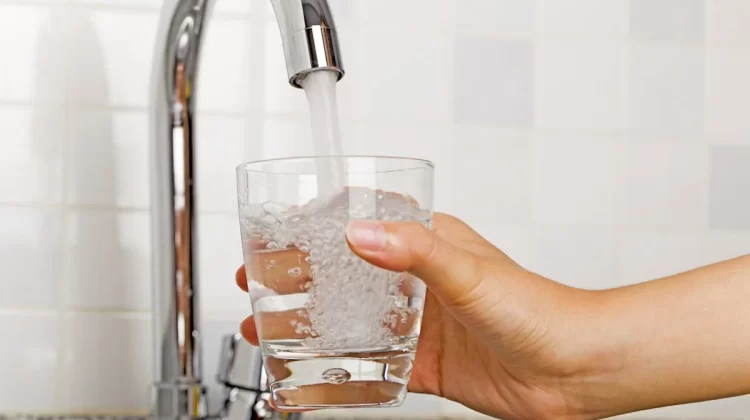
Water softeners have become increasingly important in maintaining the quality of water in many households. Hard water, which contains high levels of minerals like calcium and magnesium, can cause various problems in your home, ranging from clogged plumbing to reduced soap efficiency. If you’re noticing signs of hard water but aren’t sure if a water softener is necessary, this article will guide you through the indicators and benefits of installing a water softener system for homes.
Identifying Hard Water
One of the first signs that you may need a water softener is the presence of hard water in your home. This can manifest in several ways. You might notice that soaps and shampoos don’t lather well, or there are mineral deposits on your dishes and glassware. Additionally, hard water can leave your skin feeling dry and your hair dull after showering.
Another tell-tale sign is the buildup of scale on appliances that use water, such as kettles, coffee makers, and water heaters. This scaling is a direct result of the minerals in hard water and can significantly reduce the efficiency and lifespan of these appliances. If you’re experiencing these issues, it’s worth considering a water softener system to alleviate these problems.
Impact on Plumbing and Appliances
Hard water can be a silent culprit in damaging your plumbing system. Over time, the minerals in hard water can accumulate inside pipes, leading to clogs and reduced water flow. This not only affects water pressure but can also lead to costly repairs if left unaddressed.
In terms of appliances, hard water can be particularly harsh. Washing machines, dishwashers, and water heaters all suffer from the effects of mineral buildup. This not only decreases their efficiency but also increases energy costs and the likelihood of breakdowns. Installing a water softener can protect your appliances and plumbing, saving you money in the long run.
Skin and Hair Health
The effects of hard water don’t stop at your plumbing and appliances; they extend to your personal care as well. Hard water can adversely affect your skin and hair. The minerals in hard water can strip moisture from your skin, leading to dryness, irritation, and exacerbation of common skin conditions like eczema.
Similarly, your hair can suffer under hard water. It can become dull, lifeless, and difficult to manage due to the residual minerals left after washing. If you’re struggling with skin and hair issues and have hard water, a water softener could be a beneficial addition to your home.
Cost Considerations
While the initial cost of a water softener system might seem steep, it’s important to weigh this against the long-term savings. Hard water can lead to increased energy bills, as appliances work harder and less efficiently. There’s also the cost of more frequent repairs and replacements for appliances and plumbing affected by scale buildup.
Moreover, you might find yourself using more soap, shampoo, and detergents to combat the effects of hard water, which adds up over time. A water softener can reduce these costs by preventing scale buildup and improving the efficiency of soap and detergents.
Conclusion: Long-Term Benefits and Peace of Mind
In conclusion, determining whether you need a water softener depends on several factors, including the hardness of your water, the impact on your appliances and plumbing, and the effects on your personal care routines. While the upfront cost of a water softener system might be a consideration, the long-term benefits in terms of savings, appliance longevity, and improved quality of life are significant. Investing in a water softener system for homes not only protects your household investments but also provides peace of mind and a healthier living environment.

